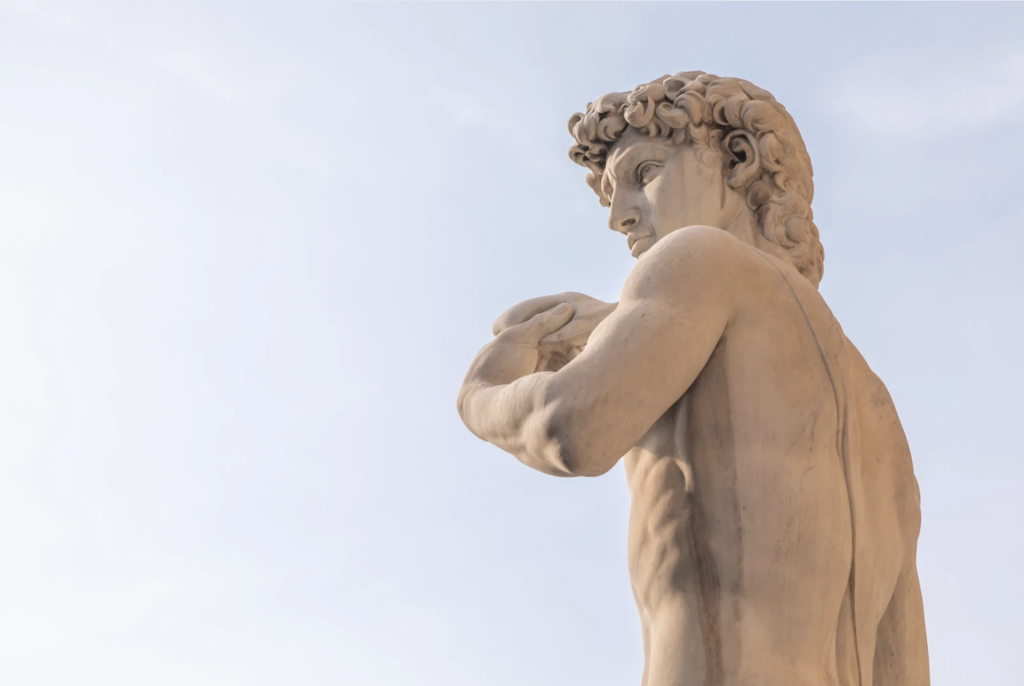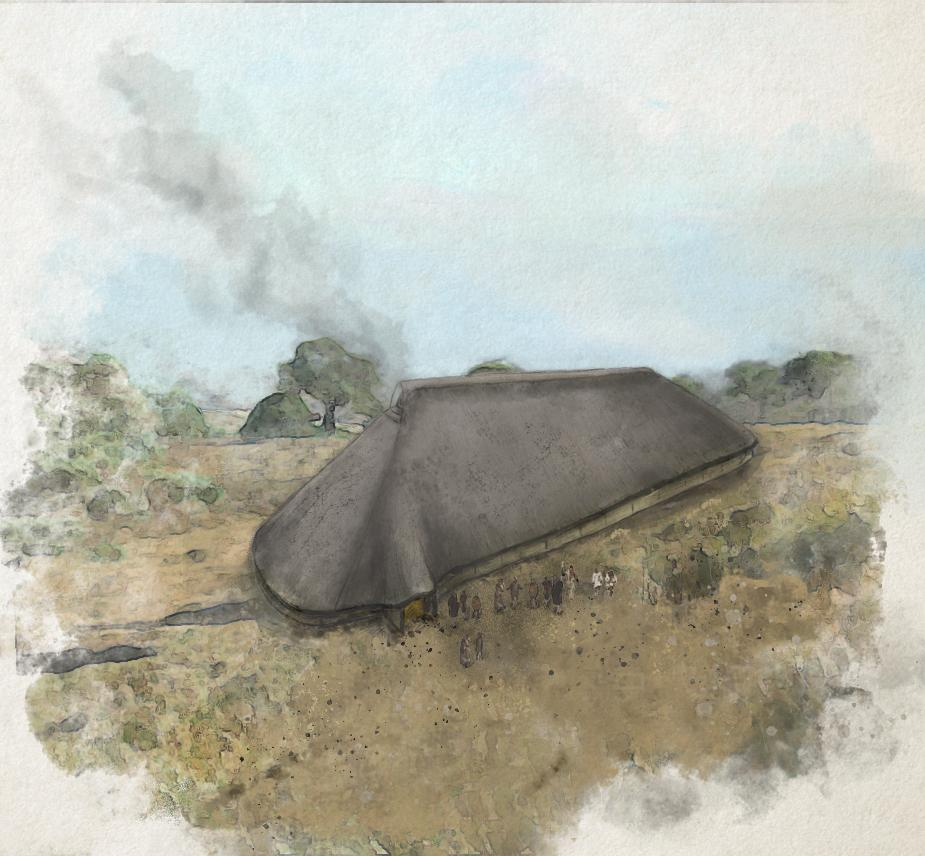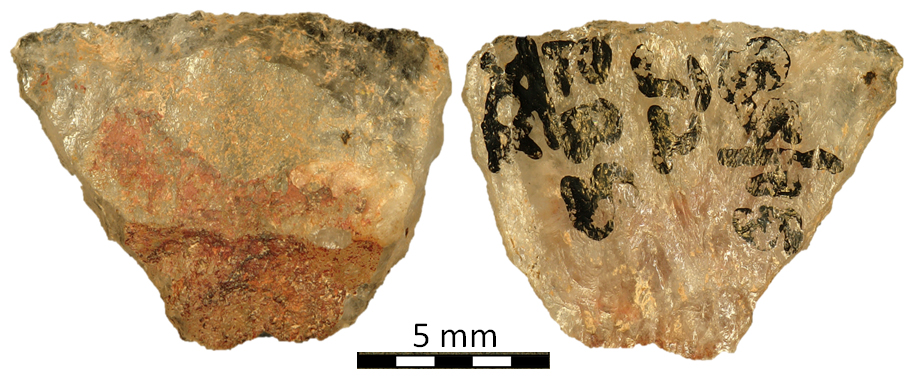Heraclitus Wasn’t Just Enigmatic—He Was Obscure by Choice
How dark was Heraclitus to be called ‘The Obscure’?
Reading time: 3 minutes
He was the philosopher who argued that everything changes—yet he himself refused to change for anyone. Heraclitus of Ephesus, the man behind the famous phrase “everything flows”, went down in history with the nickname “The Obscure”. Not because he dressed in black, nor because he avoided sunlight, but because no one could fully understand him. His writing was deliberately enigmatic, filled with intentional ambiguity, as if daring the reader to think deeply before attempting to interpret him. He didn’t speak in riddles—he spoke about concepts that defied simple understanding. And if we consider any thought ‘dark’ when it resists plain explanation, then Heraclitus was darker than a moonless night.
Unlike other philosophers of his time, he did not teach in schools, had no disciples, and never gave lectures. Instead, he sat alone at the Temple of Artemis, playing dice with children while the wise men of the marketplace delivered monologues. His fellow citizens saw him as eccentric, a man who rejected the honors and royal status he was entitled to by birth. They called him arrogant, solitary, and antisocial. But he never sought understanding, nor did he crave acceptance. He knew that his words were not meant for the masses—they were crafted for those who could read between the lines.
A Legacy in Fragments
His work, titled On Nature, has been almost entirely lost. Only fragments, quotations, and scattered sayings remain. Yet even these are enough to inspire awe. “You cannot step into the same river twice,” he declared, and ever since, people have spoken of life’s constant flux. “War is the father of all things,” he wrote, shaping a philosophy centered on the tension of opposites. These were not just poetic observations; they were cosmological, theological, and political statements—ideas that could not be exhausted in a single reading.
Heraclitus spoke of Logos, but not in the rhetorical sense. His Logos was an invisible order permeating the universe, an eternal principle balancing opposites, an underlying logic binding everything together, even though it remained unseen. Those who failed to grasp this deeper framework perceived only darkness in his words. But that was not his fault—it was the fault of those whose vision had not yet adjusted to the shadows.
Darkness as Depth, Not Confusion
Heraclitus wasn’t obscure because he wanted to confuse; he was obscure because he refused to oversimplify. He did not sacrifice truth for popularity. His words were meant to provoke discomfort, not offer reassurance. He did not write for the many—he wrote for the few who had the courage to think deeply. And those few were rare then, as they are today.
He understood his era well. He watched Ionia struggle between tradition and revolution. He saw the masses swayed by shallow ideas and easy comforts. That is why he was critical—not of the people themselves, but of their intellectual complacency. He did not reject democracy; he rejected mediocrity. He believed that governance should be in the hands of the capable, not simply the majority. He was not an aristocrat by blood—he was one in spirit.
A Philosopher Who Challenged Understanding
In Heraclitus’ worldview, everything was flow, conflict, opposition, and balance. Amid this cosmic movement, he stood as an observer, leaving behind cryptic messages. He did not explain, nor did he guide. He left others to seek meaning on their own. He was the philosopher who did not want to be easily understood—and for that very reason, we remember him today. Not for what he stated plainly, but for what no one has fully explained even to this day.







